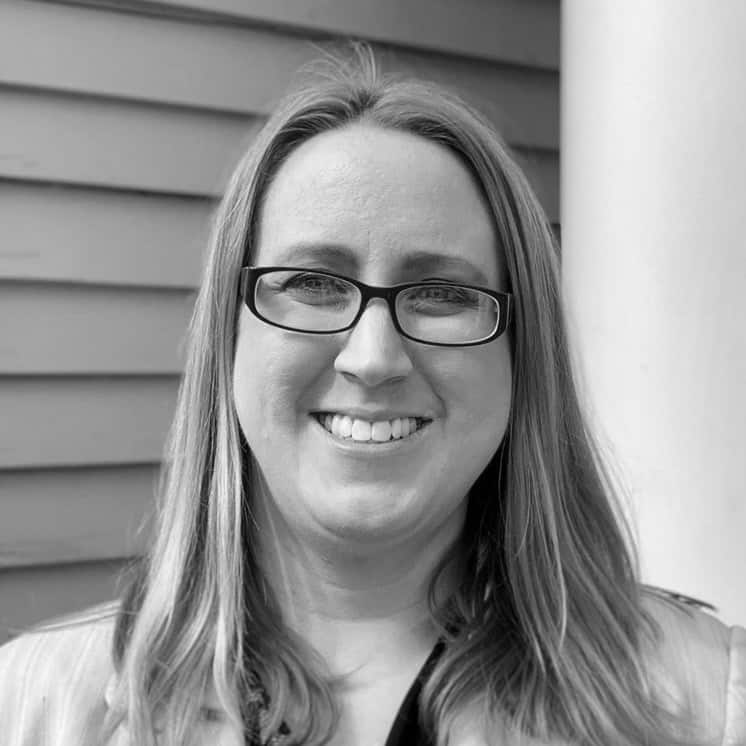Pandemic-Related Anxiety
We are in the midst of a “global pandemic” that is impacting mental health worldwide. Feelings of increased stress, anxiety, and depression are now a new “normal baseline” for a population finding themselves faced with fear and uncertainty. Scroll through your social media and news feeds and we are bombarded with messages of social distancing, stockpiling supplies, sanitation, death tolls and sickness. Continue scrolling to see countless stories about the state of the economy, job loss, and stimulus relief. We view images of of empty streets, people in face masks, workers in hazmat suits, and overrun hospitals. If reading this does not already create some level of anxiety, put yourself in the position of those who already struggled with pre-existing mental health conditions.
Imagine someone who can’t stand being alone with their anxious thoughts but was coping fairly well with a job in the service industry and connecting outside of work with friends which provided a nice distraction. Or the individual who is newly sober and prone to relapse during times of social isolation. Imagine the individual who struggles with obsessive-compulsive disorder and the impairment around obsessive fear of germs and cleaning rituals. The business owner who has invested so much of their self and self-worth into the success of a business that has closed its doors.
Many of us may recall thoughts, feelings, and images with similar pandemic-related experiences such as the terror attacks on 9/11. I know that I can personally recall exactly where I was and who I was with when the Twin Towers fell. It was an emotional experience. Not only me, but for everyone else I was with that day. I empathized with those on the front lines and the many victims of such a horrific event as I do now. As a mental health professional, I listen to the stories of survival, process thoughts and feelings, and aid with coping so one can thrive despite the chaos and trauma.
We are in this together–a collective experience with Corona Virus. There are things outside of our control but there are many things that we can choose. Like choosing to be informed and make smart choices for our health and safety, choosing what sources to trust, and choosing to take control of areas in which we can make a positive impact. We can also actively take preventative health care steps by taking advantage of the free and available resources such as online support, apps, helplines, and telehealth services for mental health.
We are resilient. We can and will get through this.
Contact the SAMHSA Disaster Distress Helpline (800) 985- 5990 that provides 24/7, 365-day-a- year crisis counseling and support to people experiencing emotional distress related to natural or human-caused disasters.
Written By:





